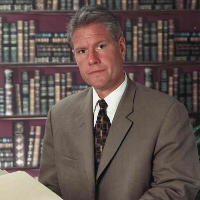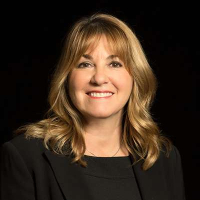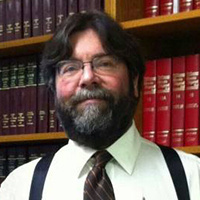Serena DUI-DWI Lawyer, Illinois
Eric J Blatti
Attorney Eric J. Blatti was born in the state of Illinois, specifically the Joliet area. He has since remained a part of the local community. Eric gra... (more)
Cosmo Tedone
Cosmo J. Tedone was born on December 13, 1966 in Manchester, Connecticut. Prior to forming the law firm, Tedone & Morton, P.C., he was the senior asso... (more)
Kristine M. Honiotes
Kristine Honiotes is a trial lawyer with over 12 years of experience. As a former Will County Assistant Public Defender, she defended all types of fel... (more)
Patricia Magaña
Attorney Magaña has extensive experience in criminal defense, including traffic, misdemeanor, and felony offenses. Additionally, she represents indiv... (more)
Philip R. Nathe
After starting his career in the criminal courts of DuPage County as a clerk more than 30 years ago, Philip Nathe went on to become an accomplished at... (more)
Brett A. Appelman
In 2007, Brett Appelman established Appelman Law LLC with the mission of safeguarding and advocating for the rights of individuals accused of crimes. ... (more)
Donald John Ramsell
✓ VERIFIEDDonald J. Ramsell's interests include golf, Corvettes, the Cubs, travel, and winning cases. Donald J. Ramsell is the only Illinois DUI defense att... (more)
Stephen A Brundage
✓ VERIFIEDStephen A. Brundage, Attorney at Law is a Wheaton, Illinois, criminal defense law firm serving clients throughout DuPage County, Kane County and Cook ... (more)
Lynn M. Mirabella
✓ VERIFIEDLynn M. Mirabella is a partner at MKFM Law, where her practice is concentrated almost exclusively in the area of family law, including high-profile ca... (more)
Terry Slaw
✓ VERIFIEDTerry Slaw is an experienced lawyer who has been working in Criminal and Traffic law since 1982.













